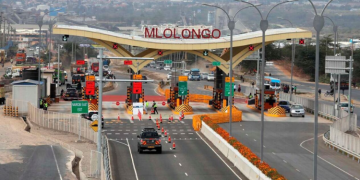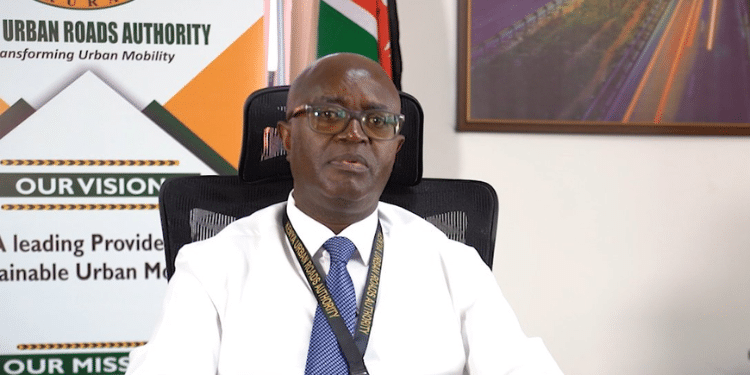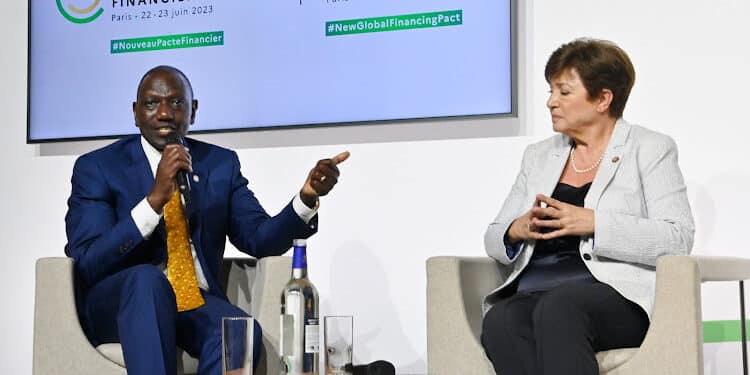The International Monetary Fund (IMF) has released its Staff Report following the conclusion of the seventh and the eighth reviews of Kenya’s $3.6 billion program.
This comes after IMF in a statement on October 30 announced that its Executive Board has completed the review of Kenya’s economic programs and in turn approved $606 million in combined disbursements.
The monetary fund’s staff report recommends that the government should target three tax reforms in the Finance Bill 2025 from a comprehensive reforms’ standpoint, as a new structural benchmark for February 2025.
According to the report, the National Treasury in the Finance Bill 2025 should focus on adopting a comprehensive reform plan on Value Added Tax (VAT), Personal income tax (PIT) and Corporate Income Taxes (CIT).
“To this end, adopting a comprehensive PIT, CIT, and VAT reform plan as envisaged in the MTRS by the Steering Committee (proposed new SB for end-February 2025) will be essential as part of the preparation of the necessary legislative changes for the FY2025/26 Budget,” the report reads.

IMF staff noted that Kenya’s medium-term fiscal strategy would need to embark on a renewed revenue-based fiscal adjustment to reduce debt vulnerabilities while providing space for high-priority spending.
IMF Report on Kenya’s Economic programs
The Monetary Fund has also recommended strengthening accountability and charting a path for a more efficient, equitable, and progressive tax regime to restore public trust, tax morale, and build social consensus on a revenue-based fiscal strategy.
Also Read: CS Mbadi Publishes New Tax Proposals Gov’t Wants to Introduce
In particular, IMF reports that tax policy measures should be carefully designed to avoid unintended economic and distributional effects, resisting pressure from vested interests, and to enhance equity and progressivity of the tax regime, guided by the Medium-Term Revenue Strategy (MTRS).
“Resuming efforts to widen the tax base and strengthen tax compliance as envisaged under the MTRS would need to be supported by adequate economic impact assessment of the policy choices, including on equity, and their political and social feasibility, while also further streamlining recurrent spending and enhancing its efficiency,” the report adds.
At the same time, the IMF report highlights that enhancing predictability of financing and institutional arrangements for social protection delivery systems while accelerating efforts to strengthen governance and transparency will be indispensable to garner political and social support for the needed reforms.
The report was prepared by a staff team of the IMF for the Executive Board’s consideration on October 30, 2024, following the discussions that ended on September 16, 2024.
Also Read: Win for Ruto as IMF Approves Another Loan After Initial Delays
Based on information available at the time of these discussions, the Staff Report was completed on October 18.
Ksh78 billion loan approved
The report comes after Executive Board approved $606 million disbursement to Kenya after completing the review of the country’s economic programs.
According to the IMF, the financing will support efforts to strengthen public finances and enhance resilience to climate shocks, while protecting priority social spending.
“The Executive Board’s decision allows for the immediate disbursements of SDR365.28 million (about US$485.8 million) under the EFF/ECF arrangements and SDR90.47 million (about US$120.3 million) under the RSF arrangement,” part of the statement reads.
IMF further approved a reduction in the total access under the EFF/ECF arrangements from exceptional access, approved in January 2024 to within the normal access limits and a rebalancing of access toward the zero-interest ECF arrangement.
Follow our WhatsApp Channel and join our WhatsApp Group for real-time news updates.










































































